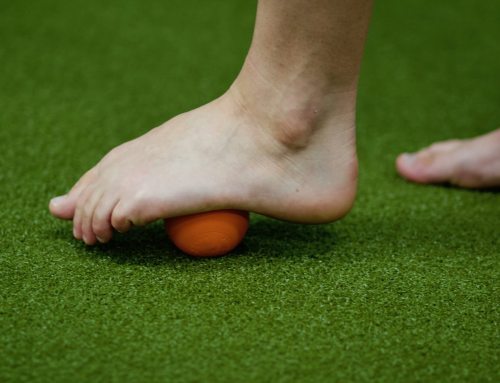Reducing Stress Can Make for a Healthier, Happier Life
What is stress?
Stress is a physiologic response in the body to a perceived threat. This threat could be physical or psychological. A physical threat often initiates the “flight or fight” response and certain stress hormones, such as adrenaline and cortisol, are released in the blood stream to prepare the body for survival mode. A psychological threat is brought on by different circumstances such as deadlines, money worries, relationships, traffic, media/news, which cause a similar stress response that, if chronically activated, can be detrimental to our health.
Health implications of chronic stress
It’s been estimated that almost 90 percent of visits to a primary care provider can be related to stress. Chronic stress increases heart rate and blood pressure, which increases risk of heart disease and stroke. Stress hormones increase risk of obesity, diabetes, and decrease immunity, which makes you more vulnerable to infections and many types of cancer. In addition, chronic stress makes it harder to concentrate and work performance and relationships often suffer.
Identify your stressors
Notice what causes you to feel nervous, anxious, or irritable. Some stress can be avoided. Consider giving yourself a break from social media/news that can increase anxiety and worsen depressive symptoms.
How can we best manage stress?
Fortunately, there are many things that we can do to help ourselves become more resilient. Consider these seven ways to de-stress:
Organization: Making a “to-do list” with priorities can help keep you on track during the day.
Healthy Eating: What you eat can affect how your brain functions. For optimal brain health, eat more fish (or supplement with fish oil); eat plenty of vegetables and fruit and limit sugar, caffeine, processed foods and fast food.
Exercise: Regular physical activity is a healthy and effective way to manage stress. In fact, exercise has been shown to be as effective as prescription medication when treating anxiety.
Breathing Exercises: There are many types of breathing exercises that can lower the stress response. Try “4-7-8 Breathing”: Inhale through the nose for a count of 4, hold it for a count of 7, then exhale through the mouth for a count of 8. Do this four times in a row at least 2 times daily. This exercise lowers heart rate, lowers blood pressure and can be effective in treating anxiety, panic attacks and even some irregular heart rhythms. The benefits of breathing exercises become more powerful over time.
Mind-Body Medicine: Consider yoga or meditation practices which help quiet the mind so that you can relax, think more clearly and respond to challenges in a more appropriate fashion. Try “Awareness of Breathing Meditation:” Sit in a comfortable, quiet place and, once settled, begin to notice that you are breathing. Pay attention to the air going in and out of the nostrils with each breath as it comes and goes. In a short period of time, your mind will probably drift away to daydream or think about something that you have to do. It is natural for your mind to wander. Just note what you were thinking about, and without judgment, gently bring your attention back to your breath. You may do this as long as you like.
Social and Spiritual Needs: Seek support from family, friends, and spiritual community.
Laughter: Having a good sense of humor when appropriate can help reduce stress. Laughter reduces tension, improves mood and helps keep things in perspective. Laughter also improves immune function.
If you’re having challenges managing your stress level, Novant Health has specialists who can help you cope.
Visit NovantHealth.org/behavioralhealth for more information about services offered by the health system.






